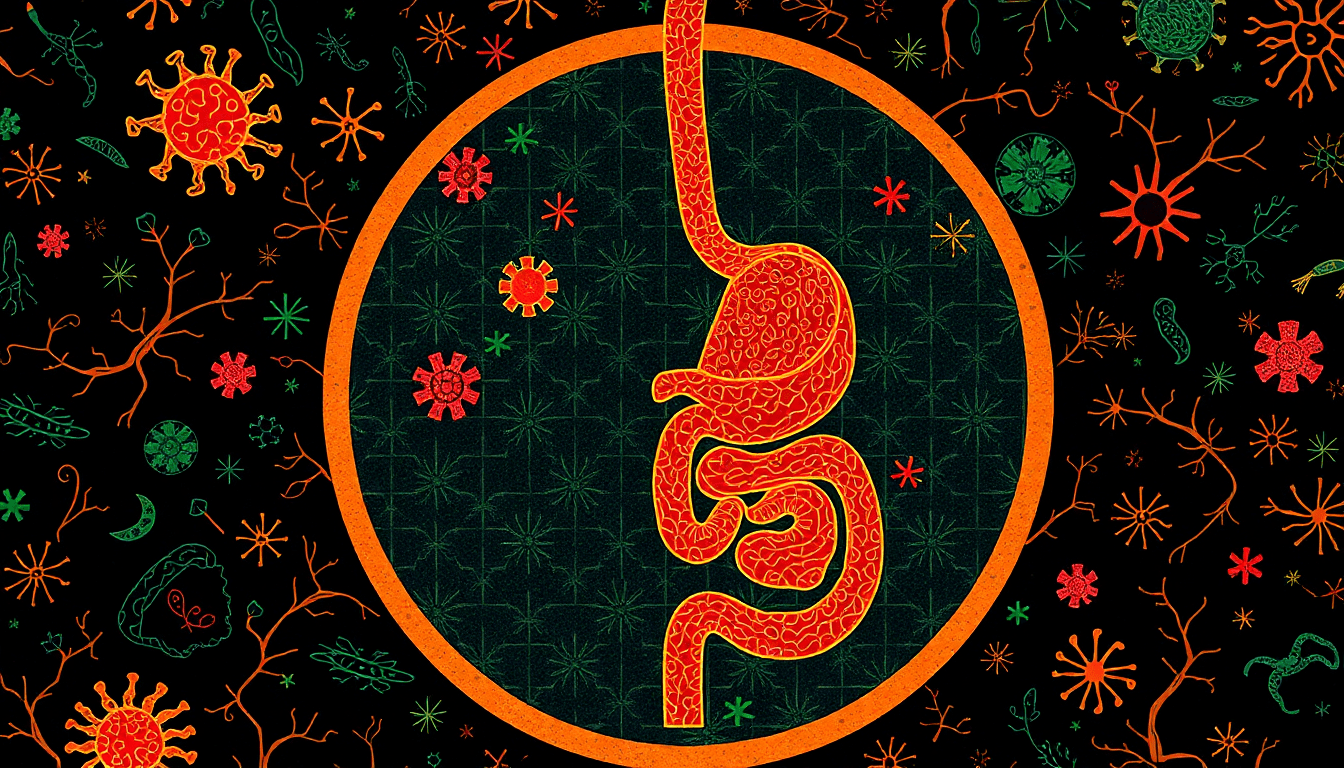
Gut Dysbiosis and Autism: Understanding the Role of Microbiome Metabolites
Gut Dysbiosis Linked to Autism: Metabolites That Matter Introduction The connection between the gut microbiome and autism has gained a... Read more
Emerging research on tryptophan metabolites autism highlights how gut microbial processing of tryptophan shapes brain chemistry and behavior in autism spectrum disorders. Tryptophan can follow multiple metabolic routes—through the kynurenine pathway, serotonin synthesis, melatonin production, and a broad set of indole derivatives produced by gut bacteria. Each route can influence neural signaling, immune tone, and circadian rhythms, creating a nuanced gut–brain axis that may contribute to core autistic features and co-occurring conditions. As studies advance, scientists are uncovering how individual differences in metabolism, microbiome composition, and host genetics come together to shape these effects. Key pathways include the kynurenine cascade, where tryptophan is converted to kynurenine and further to metabolites such as kynurenic acid and quinolinic acid. Kynurenic acid tends to dampen excitatory signaling, while quinolinic acid can enhance NMDA receptor activity and promote neuroinflammation—an imbalance that may influence sensory processing and cognition in autism. Serotonin production from peripheral tryptophan also has brain-wide implications, given serotonin’s role in mood, social behavior, and gut motility, while melatonin links tryptophan metabolism to sleep–wake cycles, often disrupted in autism. Additionally, indole derivatives produced by intestinal bacteria can modulate immune responses and neuronal signaling via receptors like the aryl hydrocarbon receptor (AHR). Collectively, these pathways underscore how the microbiome can sculpt brain chemistry in autism through multiple, interacting routes. The therapeutic implications are evolving and intriguing. Strategies that modulate gut microbial composition or metabolic outputs—such as targeted diets, prebiotics, and probiotics—may shift tryptophan metabolism toward more favorable kynurenine/serotonin–melatonin balances or beneficial indole profiles. There is growing interest in pharmacological approaches that influence kynurenine pathway enzymes, as well as interventions that stabilize gut barrier function and reduce neuroinflammation. Importantly, advancements in metabolomics and systems biology are helping researchers identify subgroups within autism who might respond to microbiome- or diet-based therapies, enabling more personalized approaches to care. As always, these insights are complementary to broader clinical support and require careful, interdisciplinary evaluation. If you’re building or evaluating a gut health program around tryptophan metabolites autism, consider how a robust microbiome platform can help. InnerBuddies provides a white-label Gut Health Operating System to power microbiome testing products, enabling researchers and companies to quantify and compare pathway-relevant features at scale. Highlights include a Gut Microbiome Health Index (0–100) tied to an exclusive collaboration with EAFIT University, a top-40 list of bacterial abundances with healthy-cohort benchmarks, and labeled bacterial functions organized into positive and negative categories to show where a product stands on each functional pathway. For deeper insights, you can explore Target Group analysis—digging into how specific groups (such as children with autism) score on pathways tied to tryptophan metabolism and related functions. And because personalization is central, InnerBuddies offers personalized nutrition and probiotic/prebiotic recommendations based on food diaries and stool data, supporting iterative, data-driven adjustments in real-world settings. See the InnerBuddies microbiome test product page for details: InnerBuddies microbiome test, or learn about ongoing access and membership options at their gut health membership. For developers and enterprises looking to partner, InnerBuddies also provides a B2B pathway to deploy a white-label solution that scales with your product line. This includes integration options, customization, and ongoing support to align gut-health insights with your clinical or consumer-facing offers. If you’re ready to explore a partner relationship or white-label opportunity, visit the InnerBuddies B2B page: InnerBuddies become a partner. Together, these tools and research frontiers can help translate insights about tryptophan metabolites autism into practical, personalized interventions.

Gut Dysbiosis Linked to Autism: Metabolites That Matter Introduction The connection between the gut microbiome and autism has gained a... Read more